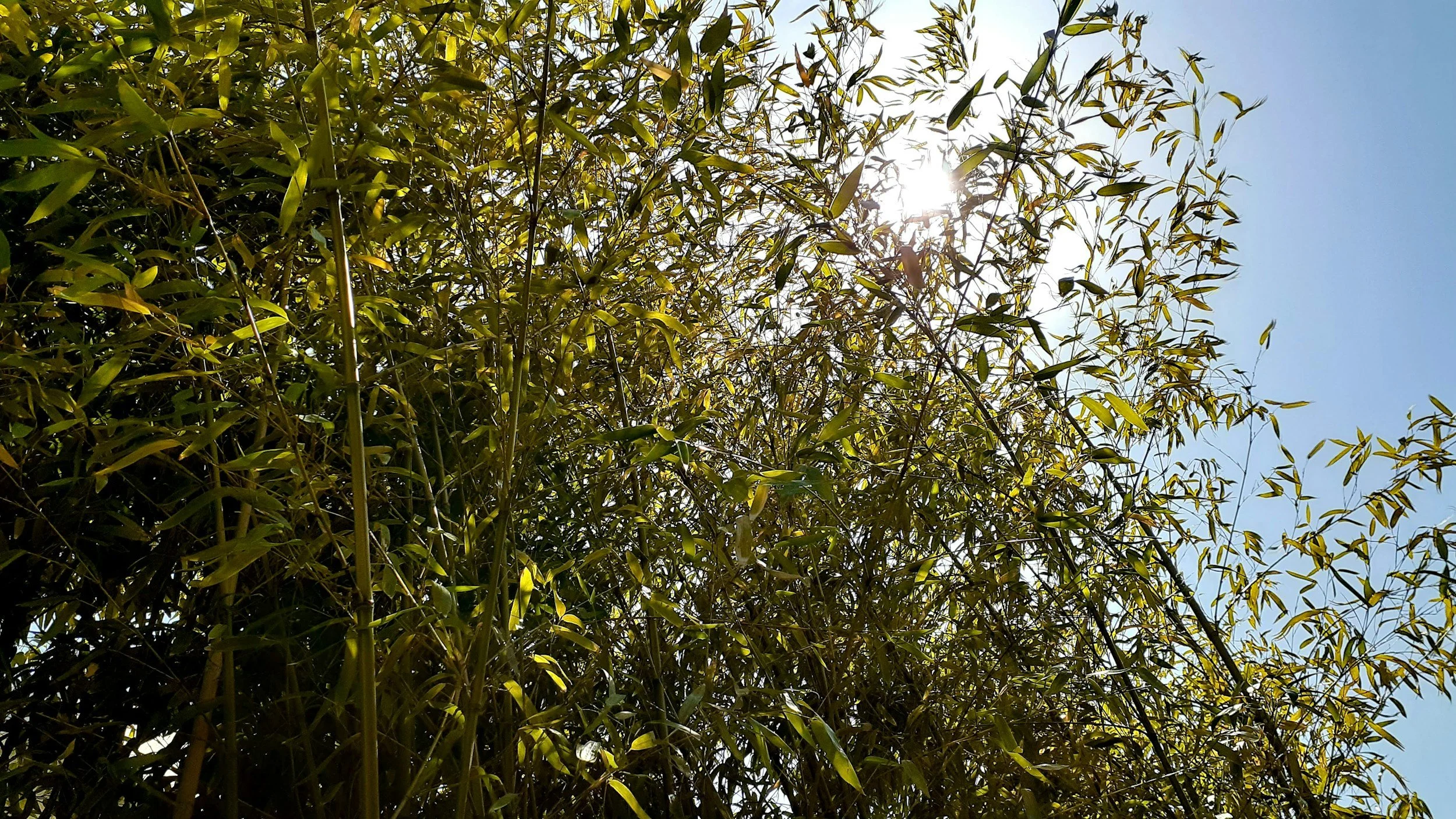Below is an email I am sending to clients who currently have Familycare Insurance and are concerned with their reported closure. I hope that it can help people feel they can advocate and also be up to date regarding what is occuring:
. As you might of heard they are currently reporting they will close as of January 1st unless they obtain equal funding to the other CCOs that provide the exact same services. I will post a link to more information below but clearly I do not have all of the answers regarding the politics of what is going on. What I do know is that they are informing providers that they are shutting their doors January 1st unless a miracle occurs and the Oregon Health Authority (OHA) continues to negotiate and they come to an agreement by that date.
Many of you might be wondering where does that leave you (and us)? Honestly where that leaves us is that I will no longer be able to be your counselor as it stands currently. Healthshare (the only other CCO..they provide the mental health coverage through your county no matter if you choose providence/moda/Kaiser or CareOregon) refuses to contract with Individual providers, like myself. They only contract with large organizations likes Western Psychological Services, Cascadia and Lifeworks. These agencies already have long wait lists.
OHA has not contacted providers and because of that I have no idea if they have a plan in place or what exactly would occur within the next two weeks….the only other option I can think of is that they might leave people on Open Card until they figure it out. Again this is not a solution…Open card is OHA direct which means the same phone # you call to renew your insurance, that as of right now typically has multiple hour hold times and no way for me to obtain authorization for services…as it is most doctors and providers can take open card (myself included) but because of their lack of staffing and structures in place it is an extreme challenge and best to be completely avoided. OHA has been quoted in the press stating that Healthshare can accommodate the 100,000 people who currently are on Familycare though I get roughly 10-15 calls a week from people currently on Healthshare not able to enroll in services.
I am not writing this to scare you…I am working as hard as I can to obtain information for you and will make sure to keep you updated. I am also working to alert media, contact representatives and even organizing with other medical providers (from all areas of medical treatment) to try to appeal to Governor Kate Brown to force OHA to work with Familycare and to do the fair and equitable thing…treat the CCOs as equals and give them equal pay for each consumer.
I am far from an expert in politics and even more so in the state budgeting or what is going on “behind” the scenes. I am going to share some links below and talking points that I have vetted and can be a starting place IF you would like to follow up with representatives. Again the purpose of the letter is to let you know what I am doing and to be transparent in my quest to advocate for your care. The information listed below is just things I have found helpful in these regards and are starting places if you would like to reach out…I know that I can feel overwhelmed at contacting representatives so please look at these as just guidelines.You also have the option to not follow up at all I just know many have reached out asking what to do so I thought I would share.
Do reach out to me if you have any questions but again all that I know as of right now is listed above. I will follow up if I do learn anything more, especially in regards to transition of services or hopefully at an agreement being made.
Sincerely,
Lacy
Information regarding this conflict:
https://www.thelundreport.org/content/familycare-threatens-close-after-report-supports-states-cco-rates
http://portlandtribune.com/pt/9-news/368266-250011-state-sought-to-plant-negative-stories-about-nonprofit
https://www.thelundreport.org/content/familycare-says-it-will-close-its-doors
Here is the email I wrote to both the director of OHA and Kate brown:
Email Pat Allen, Director of OHA:
OHA.DirectorsOffice@state.or.us
Mr. Allen,
As a mental health professional, I am deeply concerned and disturbed that FamilyCare is being forced to close due to OHA's refusal to provide equitable reimbursement. I do not accept the findings of the recent CCO rate investigation that FamilyCare's reimbursement rates of $377.57 versus HealthShare’s $409.75 are actuarially sound. A $32.18 per-member difference is undoubtedly biased.
FamilyCare's closure creates an immediate mental health care crisis for 120,000 of Oregon's most vulnerable citizens. There is very little overlap in mental health providers between FamilyCare and HealthShare. Most of us who are contracted with FamilyCare to provide mental health services are not contracted with HealthShare, leaving our clients without care in a matter of days. We do not accept OHA's assertion that HealthShare can serve our clients; mental health clinicians at agencies contracted with HealthShare already have caseloads of 80-120 clients and wait lists.
Please consider how this will specifically impact clients with severe mental health concerns who have built strong relationships and treatment plans with their FamilyCare providers. Give FamilyCare the same rates as HeathShare: $409.75.
Sincerely,
Lacy Cooper LPC
Address and contract information
FamilyCare Advocate scripts for consumers:
People to reach out to via email:
· — Chair of Oregon Health Care Committee Representative Mitch Greenback, Rep.MitchGreenlick@Oregonlegislature.gov� 503-297-2416
· -- Rep Robe Nosse, Vice Chair of Health Committee, rep.robnosse@oregonlegislature.gov (503) 986-1442
· -- Patrick Allen Director of OHA: OHA.DirectorsOffice@state.or.us
>>>EMAIL SCRIPT<<<
NAME OF RECIPIENT,
As a recipient of OHP FamilyCare services, I am deeply concerned and disturbed that FamilyCare is being forced to close due to OHA's refusal to provide equitable reimbursement.
FamilyCare's closure creates an immediate health care crisis for me, personally, as one of the 120,000 FamilyCare clients affected. As of January 1, unless you take action, I will no longer have access to my current provider through OHP. Starting over with a new provider is not an option for me. Even if it were, I have no confidence that HealthShare will be able to provide timely services for 120,000 of us when its system is already overburdened.
Please consider how FamilyCare closing will specifically impact clients like me who have built strong relationships and treatment plans with their FamilyCare providers. Please do what you can to give FamilyCare the same rates as HealthShare and support me and those like me.
Sincerely,
YOUR NAME
YOUR ADDRESS/CONTACT INFO
Call Governor Kate Brown;
· — Governor Kate Brown 503-378-4582, call and leave a VM
>>>>VOICEMAIL SCRIPT<<<<
“My name is ______, my zipcode is______ and my phone number is_________. As a recipient of OHP FamilyCare services, I am deeply concerned and disturbed that FamilyCare is being forced to close due to the Oregon Health Authority's refusal to provide equitable reimbursement. In a matter of days, I will be without essential care since my FamilyCare provider is not contracted with HealthShare. Contrary to OHA's assurances, there is simply no way that HealthShare can serve me, since clinicians who are contracted with HealthShare are already overburdened and have wait lists. Please get involved and force Patrick Allen and the OHA to provide fair rates to FamilyCare.”























